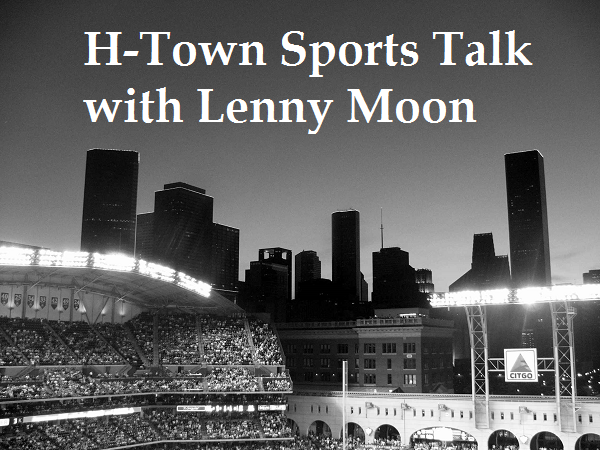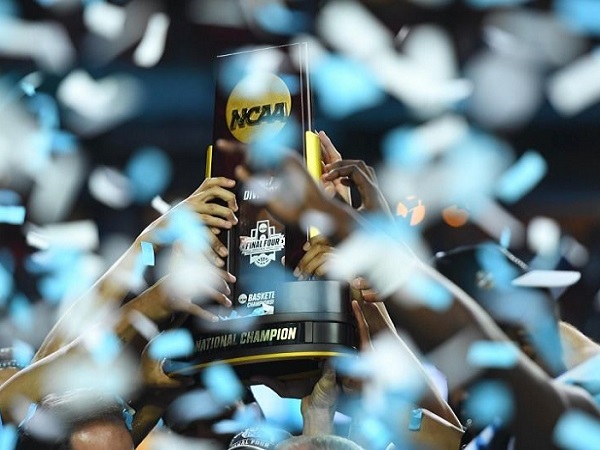Metro-Goldwyn-Mayer (MGM) is a major film studio that was founded in 1924. Before its one-hundred year anniversary, the iconic studio with franchises like Ian Fleming’s James Bond and the Rocky/Creed films, will now be a part of one of top five valued companies in the world. For $8.45 billion dollars, Amazon will soon be streaming to its 175 million+ Prime members an additional 4,000+ films and 17,000+ hours of television shows courtesy of MGM.
To provide some context, MGM is a part of the revered “Golden Age” of Hollywood starting in the 1920s through the 1950s with stars like Humphrey Bogart, Charlton Heston, Cary Grant, Clark Gable, Gary Cooper, Frank Sinatra, Marlon Brando, Ava Gardner, Audrey Hepburn, Grace Kelly, Ingrid Berman, Ginger Rodgers, and Rita Hayworth who starred in iconic films like Casablanca, To Catch A Thief, From Here to Eternity, High Noon, Citizen Kane, and Gone with the Wind. The Golden Age of Hollywood also instituted the Paramount Decrees, where studios controlled all aspects of talent, production, and distribution that have subsided in Justice Department interest in recent years.
The intellectual property (IP) library of MGM cannot be overstated. MGM also purchased United Artists, founded by Charlie Chaplin in 1919, in 1981 for $1 billion (adjusting for inflation). MGM and Annapurna Pictures have a distribution deal that includes Orion Pictures. MGM also controls ePIX, an over-the-top (OTT) streaming platform, which is likely to be rolled into Prime streaming or as an add-on like Starz via Lionsgate. Amazon will control all of that existing IP and the derivative works of copyright going forward. Meaning, new James Bond and Rocky/Creed franchises, and the use of the iconic MGM IP library and brand to recruit and retain new and existing subscribers and create new films and television programming.
Amazon is now positioned to outperform many of its competitors. The Discovery and WarnerMedia merger is great for content, but Discovery+ with 15 million subscribers does not have nearly as many existing customers. As Prime pushes into international expansion, there are also opportunities for original and local-language translated content adaptations. Netflix has more subscribers than Amazon Prime, but Netflix is missing sports and the entire Amazon distribution network of other products and services. Meaning, Amazon is a much more diversified company. Amazon adding MGM is also about customer rewards and loyalty, but then again a cost increase could be on the horizon that may strain the relationship between customer, business, and loyalty. Disney is also well-positioned with its 100 million subscribers for Disney+ and the Sony deal adds to the platform’s attractiveness, but again Amazon is more than an entertainment and sports company. However, Amazon Studios based in Culver City, California, is no slouch, having produced and distributed The Marvelous Mrs. Maisel, Tom Clancy’s Jack Ryan, Goliath, and The Grand Tour.
Amazon is also primely positioned, pun intended, to capitalize on the growing interest and need for non-live sports content (e.g., documentaries/docuseries like The Last Dance about Michael Jordan, Scottie Pippen, Phil Jackson, and the 1990s NBA Chicago Bulls basketball team) by adding similar, lifestyle, and experiential IP to its platform. Non-live sports content is also less expensive than live sports (e.g., Thursday Night Football), but longer lasting in terms of length as a series and a more likely rewatchable program versus reruns of a game where you already know the stats and score. The added content will also help to satisfy America’s and the world’s growing need for content. Amazon’s next foray into sports is likely to be of the venue naming rights deal (e.g., NHL Seattle Kraken Climate Pledge Arena), social media add-on, specifically pay-per-view exclusive content variety, or a cellular company exclusive offer (like Sprint/Hulu, T-Mobile/Netflix, or Verizon/Disney to grow subscriber numbers, but not like AT&T/HBO Max (which just sold its entertainment, media, and sports content arm to Discovery for $43 billion dollars).
As it turns out, Amazon is truly “A to Z” like its logo infers with a smile. Furthermore, as 5G and new technology grows, Amazon-owned Twitch and esports will present more experiential opportunities via betting and Amazon Web Services. So why do Amazon and MGM need each other? MGM needed a carrier and distributor without having to create a new streaming platform. Amazon needed content to continue attracting subscribers, which helps its larger product and service businesses. With Jeff Bezos retiring in July, maybe he can save an NFL franchise like Amazon saved MGM from having to create a new streaming platform. Amazon is not getting a WarnerMedia IP library like AT&T has now sold, but Amazon paid 10% of the price ($8.45 vs. $85.4 billion dollars) for its acquisition.
























